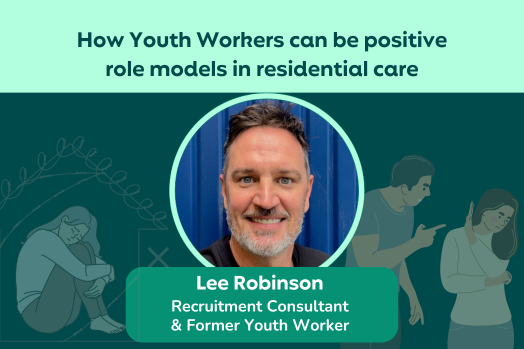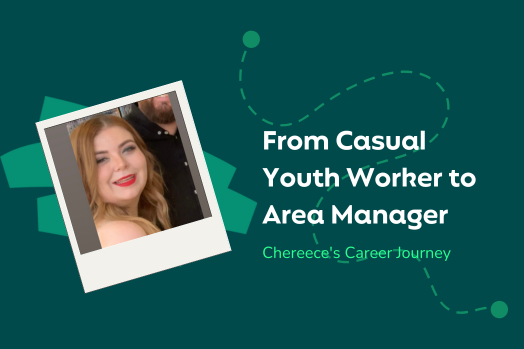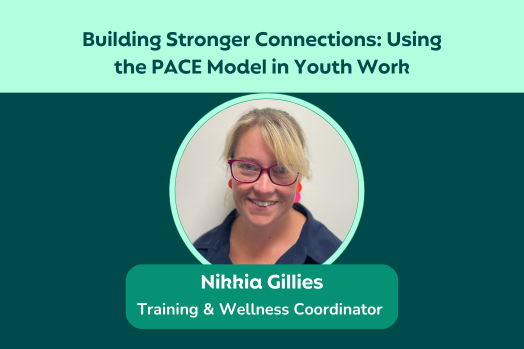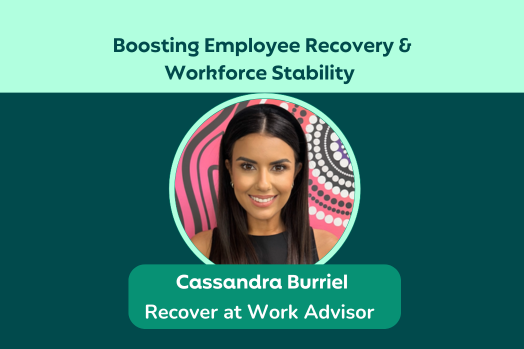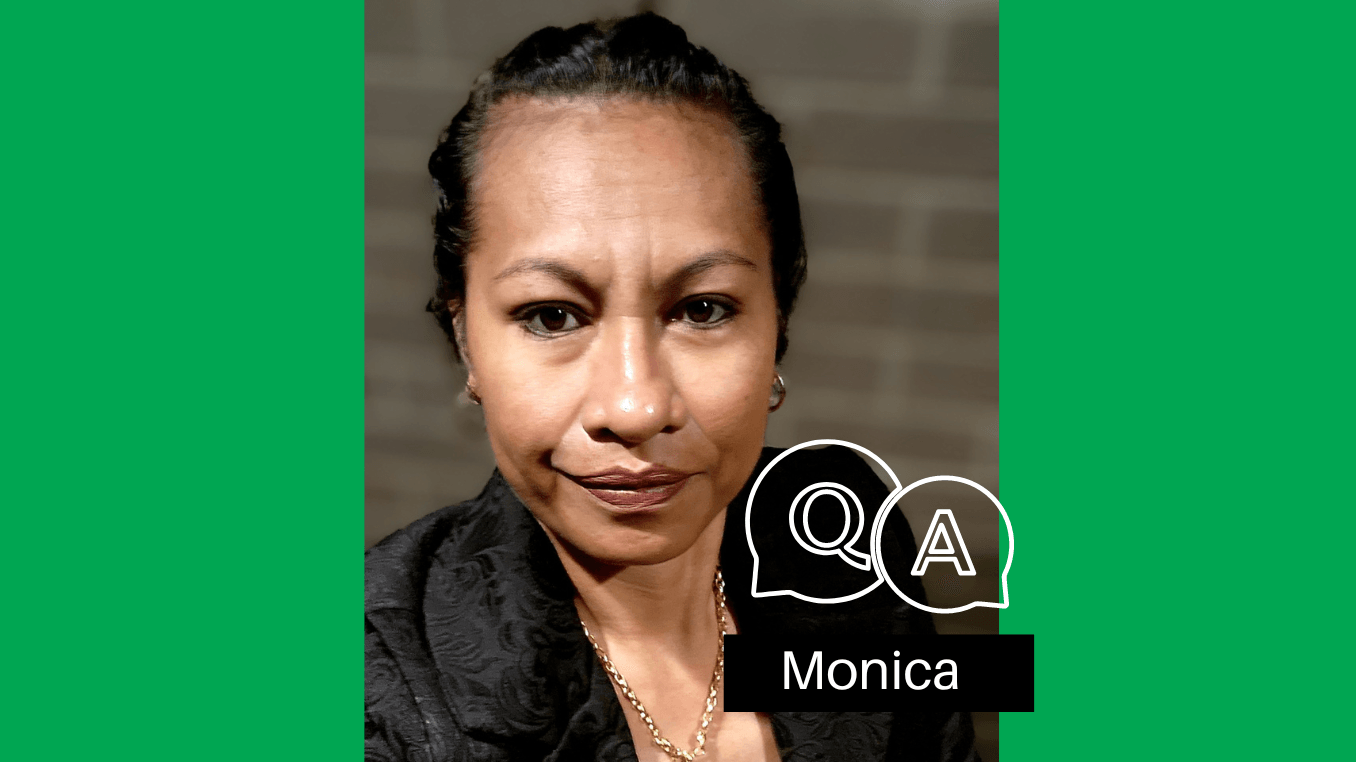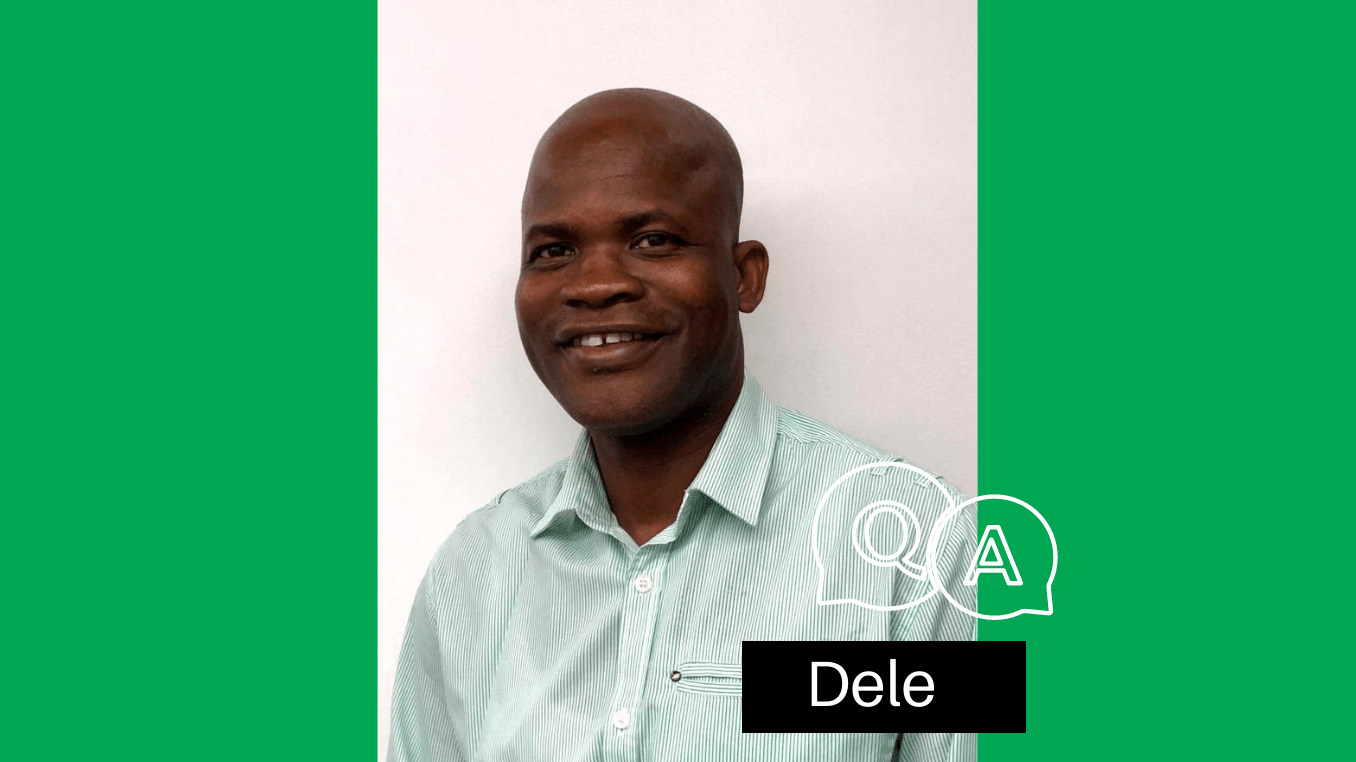1. You Don’t Have Enough Sector-Specific Experience
In the community services field, hiring managers often look for candidates with experience that matches the specific requirements of the role. If you’re just starting out or transitioning from a different sector, this might be a hurdle.
My Recruiter Tip:
Be strategic about your applications—focus on entry-level roles, volunteer opportunities, or internships to build up that relevant experience.
Showcase any transferable skills from other jobs, like communication, empathy, or crisis management, that will be useful in community services.
2. Your Values Didn’t Shine Through
Community services is all about people, and employers want to see candidates who align with their values. When your application is too focused on the tasks you’ve done and not enough on your motivations and personal ethos, you might miss the mark.
My Recruiter Tip:
Do your research—learn about the organisation’s mission and how they operate. Tailor your cover letter to address how your values connect with theirs.
Share a personal story or experience in your interview that demonstrates why you’re passionate about the work.
3. Your Application Had Gaps
In a highly competitive job market, little details matter. An incomplete application, missing documents, or even a typo in your resume can give the impression that you’re not thorough.
My Recruiter Tip:
Triple-check your application before submitting it. I can’t stress this enough. Treat it like a sample of the quality of work you’ll bring to the role.
Include everything that’s asked for—qualifications, references, supporting documents. If you’re unsure, don’t be afraid to ask for clarification.
4. You Weren’t Responsive Enough
In the recruitment process, timing is everything. When candidates delay responding to emails, miss scheduled calls, or show up late to interviews, it signals a potential issue with reliability.
My Recruiter Tip:
Set reminders for interviews and application deadlines. Being prompt and responsive shows that you’re serious about the role.
Keep your phone and email accessible during your job search. If you’re unavailable for a valid reason, let the recruiter know upfront.
5. There Were Simply Stronger Candidates
This is a tough one because sometimes, it’s out of your hands. If the competition had slightly more experience or a better skill match, it doesn’t mean you’re not a strong candidate; it just means others edged you out this time.
My Recruiter Tip:
Don’t get discouraged—ask for feedback if possible, and use it to refine your applications and interview approach.
Continue building your skills and networking. Keep your resume updated and look for ways to stay active in the sector, like attending workshops or events.
6. You Didn’t Highlight the Right Skills
If you missed out on a role because you didn’t emphasize key skills or relevant experiences, it might simply be an issue of presentation rather than capability.
My recruiter Tip:
Tailor your resume and cover letter for each application. For example, if the job requires knowledge of specific therapeutic models, make sure that’s front and centre.
During interviews, connect your skills to the role by providing concrete examples of how you’ve used them in similar contexts.
What To Do Next: My Top Recommendations
Reach Out and Ask for Feedback
Many candidates don’t realize that they can (and should) request feedback after a rejection. While not every recruiter can provide detailed insights, a simple “What could I improve on?” can sometimes yield invaluable advice.
Revamp Your Application Strategy
If you’ve applied to multiple roles without success, take a step back and review your materials. Is your resume too generic? Are you highlighting your strengths effectively? Consider getting a second opinion from a mentor or industry professional.
Broaden Your Experience
If experience is a barrier, seek out opportunities to get hands-on exposure—whether it’s through volunteering, internships, or even short-term projects. These can all help build your credibility and demonstrate your commitment to the field.
Stay Engaged in the Sector
Networking is a powerful tool. Attend industry events, engage with sector-specific communities online, and connect with people already working in community services. Building these relationships can sometimes lead to opportunities you wouldn’t have found through a standard job search.
Keep Applying
Persistence is key. Just because you didn’t get this role doesn’t mean you won’t be the perfect fit for the next. Keep refining your approach, stay positive, and don’t lose sight of your long-term goals.
Final Thoughts from a Recruiter
Rejection is never easy, but don’t take it as a dead end. Instead, see it as a chance to refine your approach and grow stronger as a candidate. By reflecting on what didn’t work and taking proactive steps to address those areas, you’ll be more prepared and confident when the next opportunity arises.
Remember, in community services, your passion and dedication are your greatest assets—don’t let a few setbacks keep you from making the impact you know you’re capable of.
Ready to take the jump and apply to work with Edmen? Check out our
open roles and begin your journey with us today.



